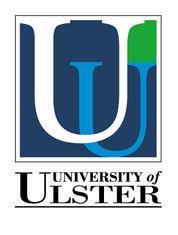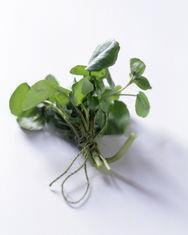

The Watercress Alliance, a consortium of UK watercress producers, is hoping to cement the leafy vegetable’s superfood appeal with a new study showing it can significantly lower the risk of cancer.
The two-year research project, which was funded by the Alliance and carried out by Ulster University, shows that in addition to reducing DNA damage - an indicator of cancer risk, a daily portion of watercress increases the ability of cells to resist further DNA damage caused by free radicals.
The trial involved 30 men and 30 women aged 19-55, 50 per cent of which were smokers. Each had to eat 85g - the equivalent of a cereal bowl full - of fresh watercress every day for eight weeks.
As well as a reduction in DNA damage, researchers recorded a significant increase in lutein and beta-carotene (100 per cent and 33 per cent respectively), which have high antioxidant activity.
Average intakes of dietary fibre, vitamin C, vitamin E, and folate were also higher in subjects when on the watercress diet.
The study showed the most benefit amongst smokers, who had significantly lower antioxidant levels than non-smokers at the start of the study.
Watercress is the richest known source of PEITC - a special mustard oil known to have anticancer properties ¬- but research to date has been confined mainly to laboratory cultures or animal studies.
“It’s the lesser-known phytochemicals that make watercress stand out from the superfood pack,” said Dr Steve Rothwell, a member of the Alliance. “This is groundbreaking research on two fronts: it suggests the anticancer properties of watercress go beyond those attributable to PEITC and, more importantly, the study is the first to demonstrate a direct correlation between eating watercress and reducing one’s susceptibility to cancer.”
Watercress is enjoying a renaissance, according to the consortium, with sales increasing by £18 million a year to £55m.



